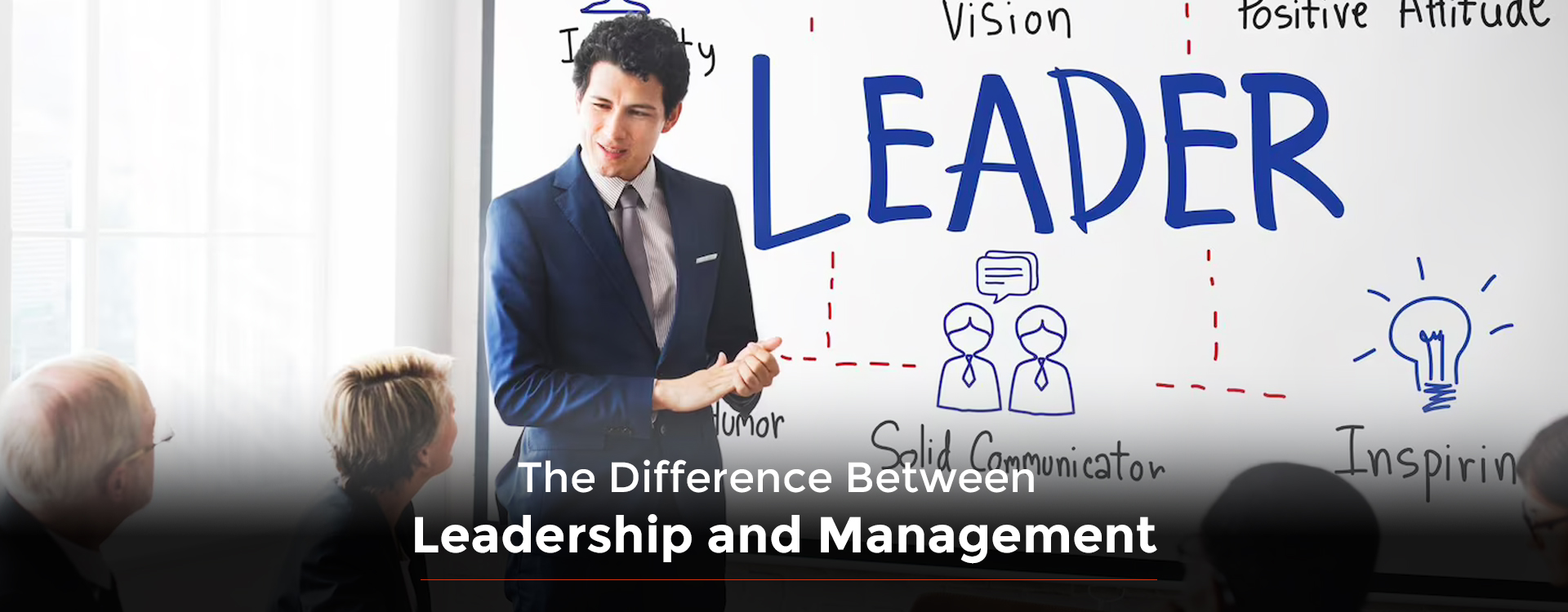
CEOs and CFOs play crucial leadership roles in companies, but the specific responsibilities of each position can be somewhat ambiguous. Although the responsibilities can vary from company to company, it’s worth noting some general distinctions between these two critical roles. If you’re interested in gaining a deeper understanding of the roles of a CEO and CFO, continue reading to discover more.











